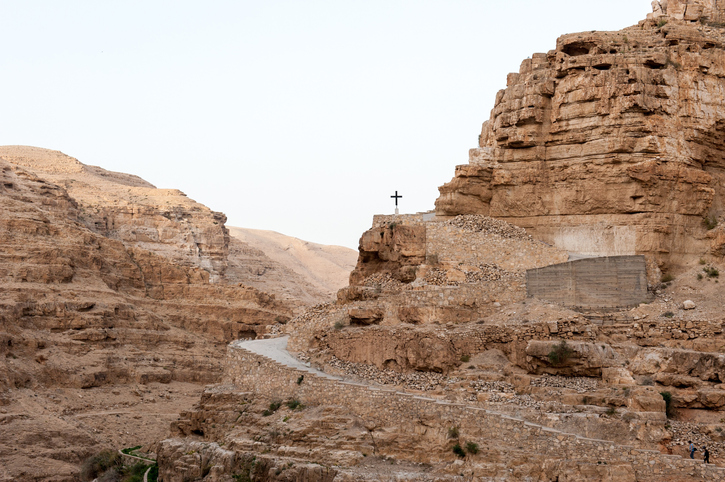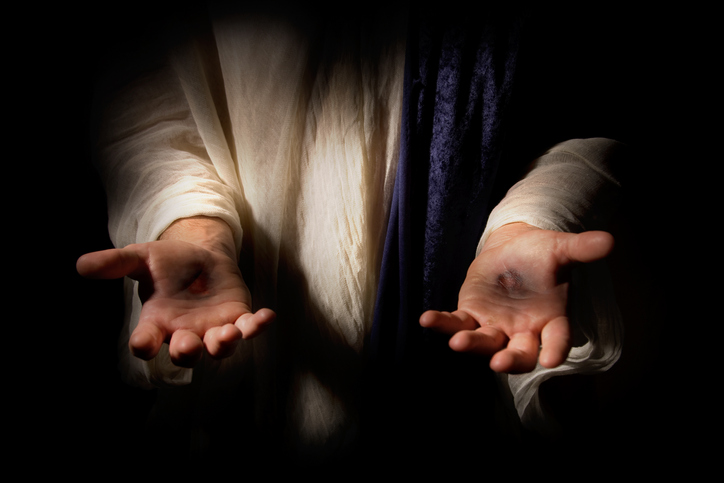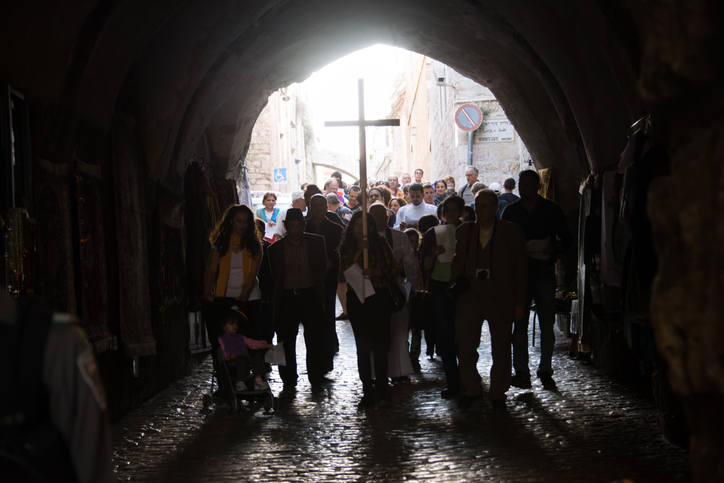What could be worse than bad fish? Not much and Jesus tells us in the parable in today’s Gospel that bad fish are thrown away, and “thus it will be at the end of the age.” The “bad fish” will be thrown into the fiery furnace.
The moral of the story: Don’t be a bad fish.
But there is more here: Jesus begins this parable by saying that the Kingdom of Heaven is like a wide net, that collects “fish of every kind,” gathering in whatever it can reach (which is everything) and whomever it can encompass (which is everyone). The Kingdom includes ALL GOOD THINGS and EVERYONE who doesn’t refuse it, and even those who refuse it are gathered in to receive the place to which their choices have led them.
We become “good fish” or “bad fish” according to what we choose and why we choose it. Not by the judgment of an arbitrary opinion, not by ROI or outcomes, not by our achievements or recognitions, not by what others think of us, not even by what we think of ourselves, but by what we choose and why we choose it, which God sees clearly.
In the Old Testament reading from Exodus at Mass today, we read several times that Moses did as the Lord commanded him, even to the details of the Dwelling built for the Ark. And because of this, “the glory of the Lord filled the Dwelling.” We could say Moses was a “good fish,” not because he knew everything or did everything perfectly, but because he chose to follow the Lord, even when it seemed difficult or unreasonable or even impossible.
And that is the beauty of the Kingdom: If we resolve to choose always to do as the Lord commands us, the Lord will fill us and dwell with us, just as He filled the Dwelling built by Moses. And those in whom the Lord dwells are not bad fish.

Kathryn Mulderink, MA, is married to Robert, Station Manager for Holy Family Radio. Together they have seven children (including Deacon Rob and seminarian Luke ;-), and two grandchildren. She is a Secular Discalced Carmelite and has published five books and many articles. Over the last 25 years, she has worked as a teacher, headmistress, catechist, Pastoral Associate, and DRE. Currently, she serves the Church as a writer and voice talent for Catholic Radio, by publishing and speaking, and by collaborating with the diocesan Office of Catechesis, various parishes, and other ministries to lead others to encounter Christ and engage their faith. Her website is https://www.kathryntherese.com/.












